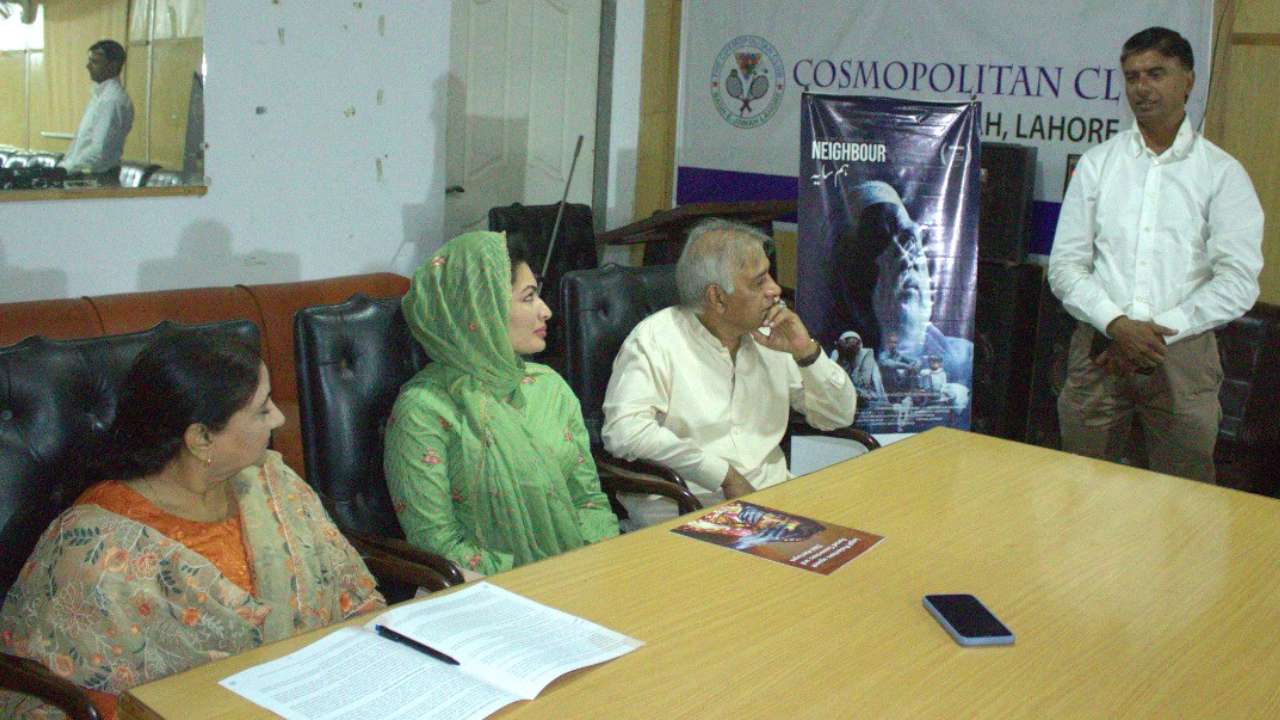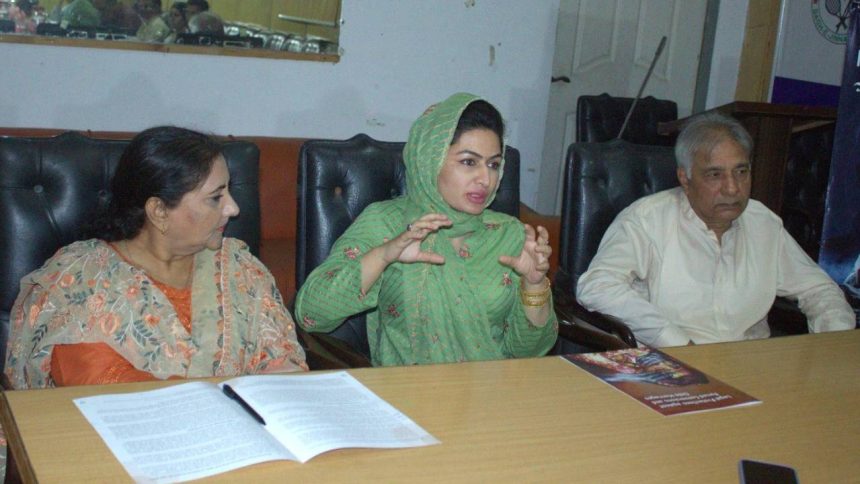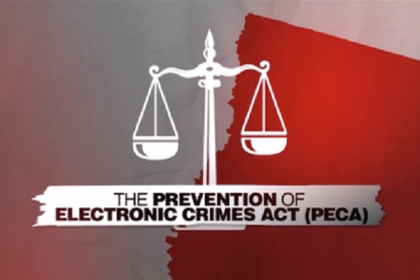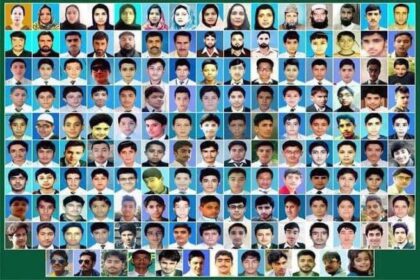The Centre for Social Justice (CSJ) collaborated with Cosmopolitan Club Lahore to host the screening of award-winning documentary film ‘Hum Saya – Neighbor’ followed by a panel discussion in Lahore.
The documentary film is based on true stories of minor girls who faced forced conversion. The film won the ‘Best Short Documentary on Human Rights’ award at the prestigious Venice Intercultural Film Festival in 2023, and it has been selected for its fifth international screening, including at the 7th Festival Internacional de Cine de la No-Violencia Activa (Active Nonviolence International Film Festival) in Spain in this year.
Rights expert Peter Jacob, Nabila Feroz Bhatti and Prof Dr Sara Rizvi Jafree spoke on the pressing issue of forced conversions and child marriages in Pakistan. The speakers emphasized that coerced conversions violate fundamental human rights, yet remain largely unaddressed due to the authorities’ inaction.
Peter Jacob, who is also the executive director at Centre for Social Justice, said that incidents of forced conversion have spiked in recent years. He said that as many as 35 such incidents have so far been reported this year, of which 11 were in Punjab and 24 in Sindh. He said that at least 404 incidents of forced conversions have been reported in Pakistan since 2021. He observed that the existing laws have proved inadequate in addressing forced conversions and forced marriages. Therefore, a specific law is imperative to regulate the faith conversions, and criminalize the act of forced conversions, particularly of underage minority girls, he said.
Dr Sara Rizvi Jafree, associate professor and chairperson Department of Sociology, Forman Christian College University, stressed that extremists may believe that they are serving cause of religion by the act of forcibly converting powerless minority females in Pakistan, but in fact Islam does not allow this. “The backdrop of incidents of forced conversion present dire and gruesome realities, with females having suffered threat, assault, and rape,” she said. She added that after the conversions, the lives of women are afflicted by trauma, resentment, and loss of self-identity. “This can result in lifelong traumatic experiences of both mental and physical health, along with other social challenges such as low conjugal bond, low nurturing efforts for childcare, estrangement from family, and inability to participate in the workforce, amongst wider issues.”

Not only is Pakistan in need of legislation against forced conversions, but also social interventions for the support of women victims and survivors, according to a statement issued by the Centre for Social Justice. For the latter, a database needs to be developed for these women, the statement read, and added that their live course and wellbeing should also be monitored through social workers/social protection officers through a continuum-based model.
Speaking at the discussion, rights advocate Nabila Feroz Bhatti underlined that child marriages and forced conversions had remained neglected but serious issues in Pakistan.
She explained that the Criminal Law (Amendment) Act 2017 (IV) criminalizes forced marriages, specifically making it illegal for minors and non-Muslim women to be married, with a minimum punishment of five years’ imprisonment. However, she noted that this protective measure is rarely enforced, as authorities have not fully recognized the gravity of the problem. She also highlighted that the government has not effectively applied existing child marriage laws to cases involving forced conversions.
The open discussion displayed a consensus that special safeguards were needed for the protection, privacy, trauma healing, and rehabilitation of victims and survivors. The participants said that the government must provide a strong pro bono legal representation to minor girls.













